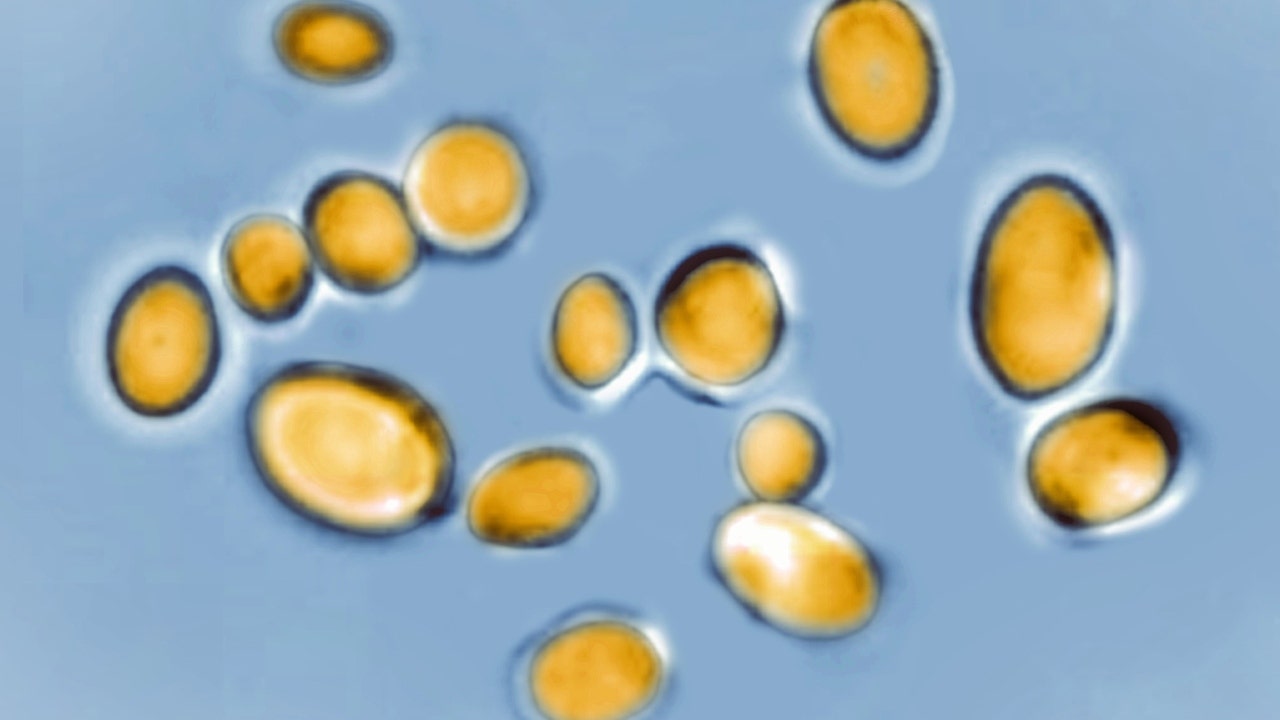
We may now know why psoriasis is more common for people with obesity
Shutterstock/triocean
Obesity impairs anti-inflammatory immune cells in the skin of mice, increasing the animals’ susceptibility to symptoms of psoriasis. The finding could inform new treatments for the skin condition and explain why it commonly co-occurs with obesity.
Psoriasis – a condition in which skin cells accumulate in dry, scaly patches – is about twice as prevalent in people with obesity than those without it.
“In the skin there is a fine balance between pro-inflammatory immune cells and anti-inflammatory immune cells,” says Chaoran Li at Emory University in Atlanta, Georgia. While obesity increases the inflammatory ones, it is unclear how it influences regulatory T-cells, which control inflammation, he says.
Li and his colleagues genetically analysed regulatory T-cells in the skin, spleen, lungs and lymph nodes of mice. They identified a unique subset of the cells prevalent in the rodents’ skin, a group that was also abundant in human skin samples.
The researchers then genetically modified six mice to lack these cells and applied a cream to their ears that induces psoriasis-like symptoms, such as skin thickening. After a week, the skin of these animals was almost 50 per cent thicker, on average, than that of four mice with the anti-inflammatory cells that also had the cream applied to their ears. This suggests that the cells prevent symptoms of psoriasis.
To understand the influence of obesity, the researchers fed a separate group of four mice a high-fat diet for 16 weeks. On average, skin from these animals had fewer regulatory T-cells and was more reactive to the cream than skin samples from five mice on ordinary diets.
Together, these findings indicate that obesity impairs anti-inflammatory immune cells crucial for preventing psoriasis. They also suggest “that a high-fat diet is potentially a key factor in psoriasis and skin-related inflammation”, says Alison Ehrlich at Foxhall Dermatology in Washington DC. That means dietary interventions may help treat the condition, she says.
The researchers also found that a drug called pioglitazone, which boosts the activity of regulatory T-cells, reduced skin inflammation in mice with obesity. “What’s interesting about this drug is it is also a type 2 diabetes drug,” says Li. A few studies indicate that people with diabetes have a lower risk of psoriasis while on the drug, suggesting it could treat the skin condition as well, he says.
However, it is unclear whether the findings translate to humans. Li says the next step will be to look at how this subset of cells differs in humans with psoriasis and obesity versus those with one or none of those conditions.
Topics:

























































